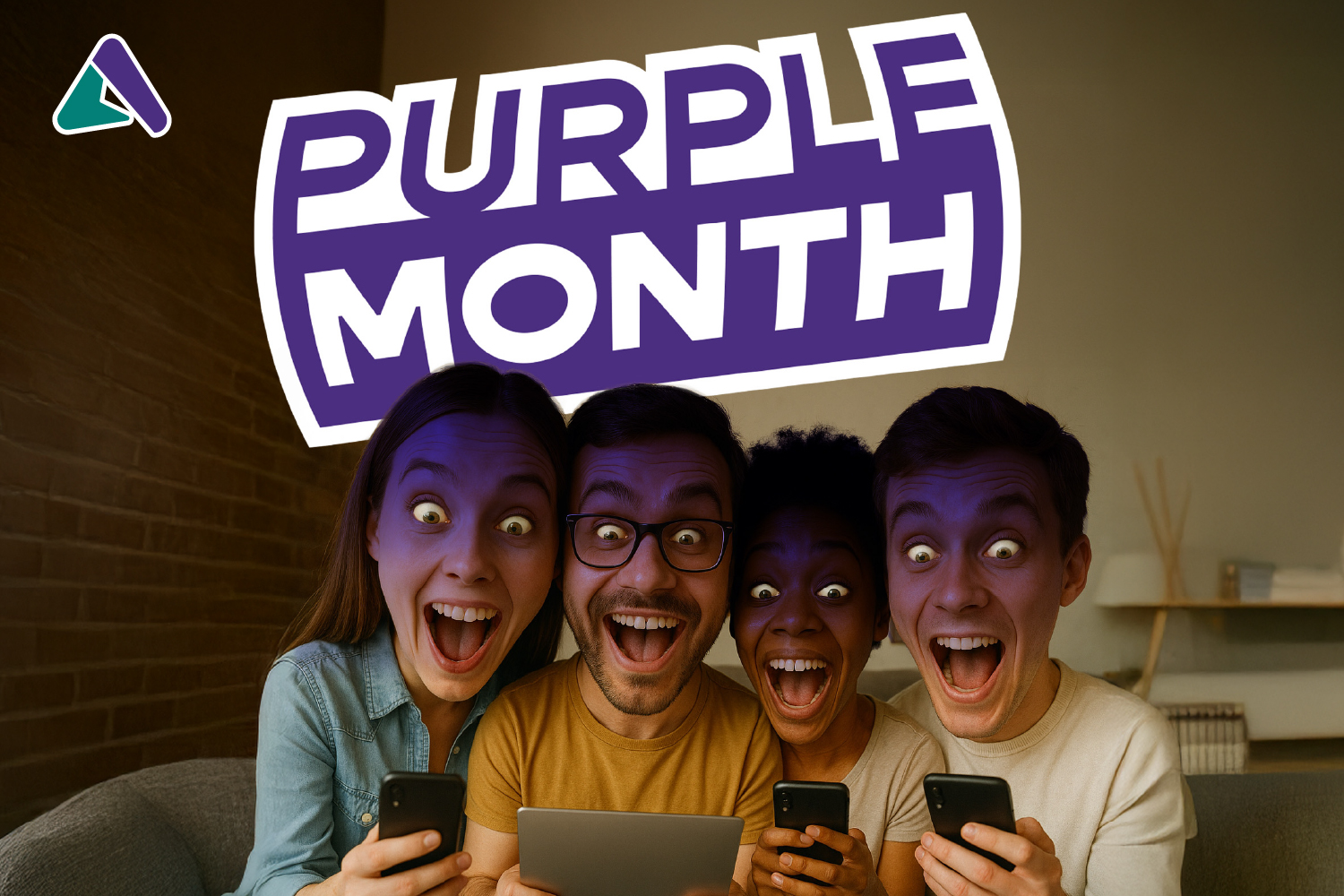The Internet has become an essential part of our lives. We use it for work, communication, entertainment and even to control devices in our homes. But even though we spend hours connected, most people don’t know many curious facts about how it works, its history and evolution.
In this article, you will discover 5 curiosities about the Internet that you probably didn’t know and that will make you see the Internet with different eyes.
1. The first ever website is still online
Today, there are more than 1.9 billion websites on the Internet, and hundreds of new domains are created every second. However, it all started with a single web page, created in 1991 by scientist Tim Berners-Lee, the father of the World Wide Web.
This first website was hosted on a NeXT computer at CERN (European Organisation for Nuclear Research) and its content explained how the web project worked.
🔗 The best thing about it ? You can still visit it at its original address:
http://info.cern.ch/hypertext/WWW/TheProject.html
Bonus fact:
The world’s first web server had a sticker that read:
👉 “Do not shut down: this is a server”.
2. The first email was sent in 1971 (and its creator forgot what he wrote!)
E-mail is one of the most widely used means of communication on the Internet. Butdid you know that the first e-mail in history was sent in 1971?
It was the brainchild of programmer Ray Tomlinson, who worked on the ARPANET, the forerunner of the Internet. To make this milestone possible, Tomlinson devised the use of the @ symbol to separate the user and the mail server, a standard we still use today.
💡 Curiosity:
When asked what that first message said, Tomlinson replied that he couldn’t remember, but that it was probably something like “QWERTYUIOP”, a random sequence of letters.
3. Google could be called "BackRub".
When Larry Page and Sergey Brin founded Google in 1996, they were not clear about the name of their search engine. In its early days, the project was called “BackRub” because its algorithm analysed backlinks between websites to measure their relevance.
However, shortly after, they decided to change it to Google, inspired by the mathematical term “googol”, which represents a huge number: 10 to the 100.
Why this name? Because its aim was to organise gigantic amounts of information on the web.
👀 Can you imagine searching for information on “BackRub” instead of Google?
4. The deeper web is much bigger than the one we know about
When we use Google, visit social networks or shop online, we are browsing the superficial web, which represents only a small part of all the information on the Internet.
The Deep Web is a section of the Internet that is not indexed by traditional search engines. It contains databases, private archives, government sites and password-protected pages.
🔍 S urprisingfigures:
- The Deep Web represents approximately 96% of the Internet.
- Only 4% of the content is accessible from common browsers such as Chrome or Firefox.
- Within the Deep Web is the Dark Web, which is a small part used for private and, in some cases, illegal activities.
Mysterious as it may sound, the Deep Web includes legitimate tools such as academic databases and internal systems of companies and governments.
5. In 2013, the Internet "went down" and global traffic dropped by 40%.
In August 2013, something incredible happened: Google stopped working for 5 minutes. During that brief period, not only did its services such as the search engine, YouTube and Gmail go down, but internet traffic worldwide dropped by 40%.
This incident demonstrated the enormous dependence we have on Google and its services. Today, if Google suffers a crash, it affects millions of users around the world.
Bonus fact:
Currently, Google handles more than 8.5 billion searches per day, which equates to approximately 100,000 searches per second.
Conclusion: the Internet is full of surprises
From the first website to the day Google stopped working, the Internet has experienced amazing events and harbours fascinating facts that few know about.
We hope you found these 5 Internet curiosities interesting. Did you know any of them? Which one did you find the most surprising? Leave us a comment and share this article with other technology lovers! 🚀





